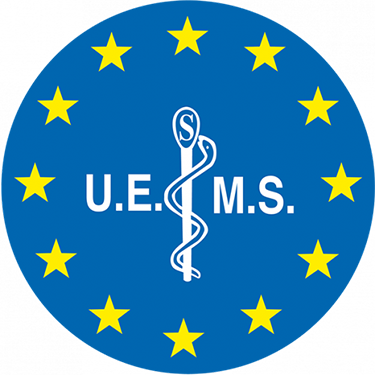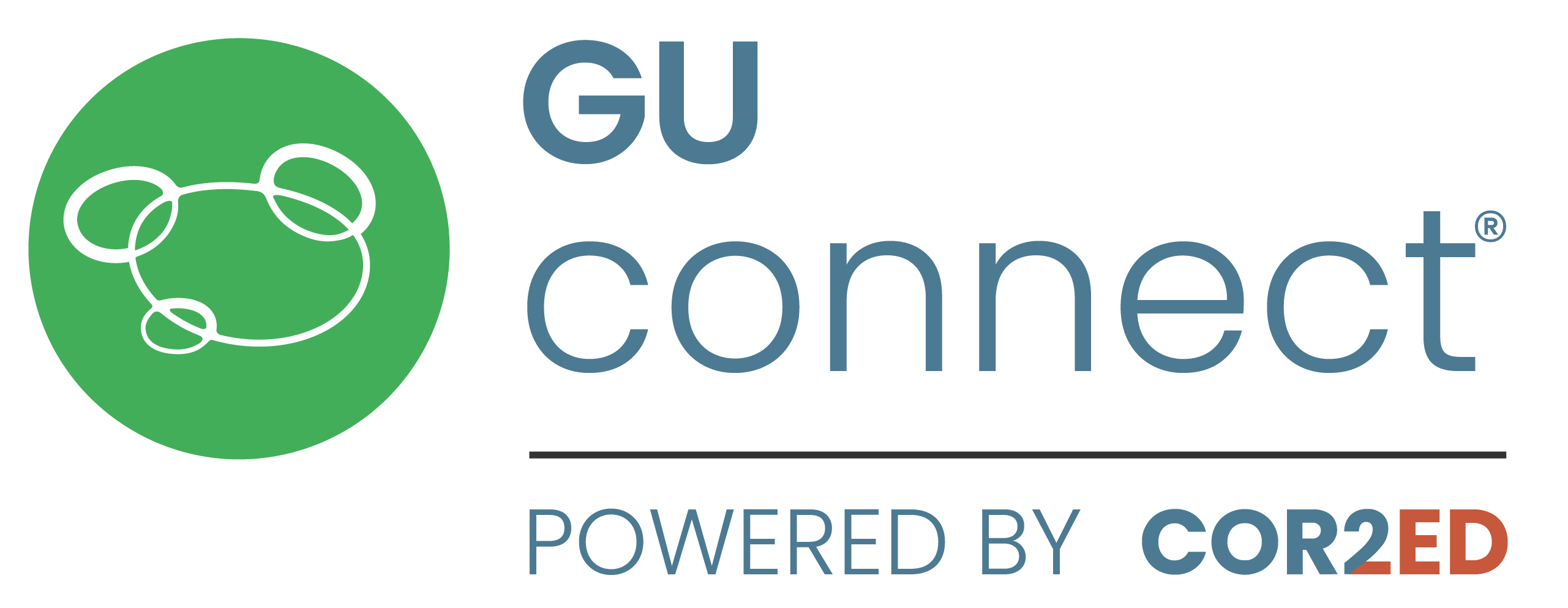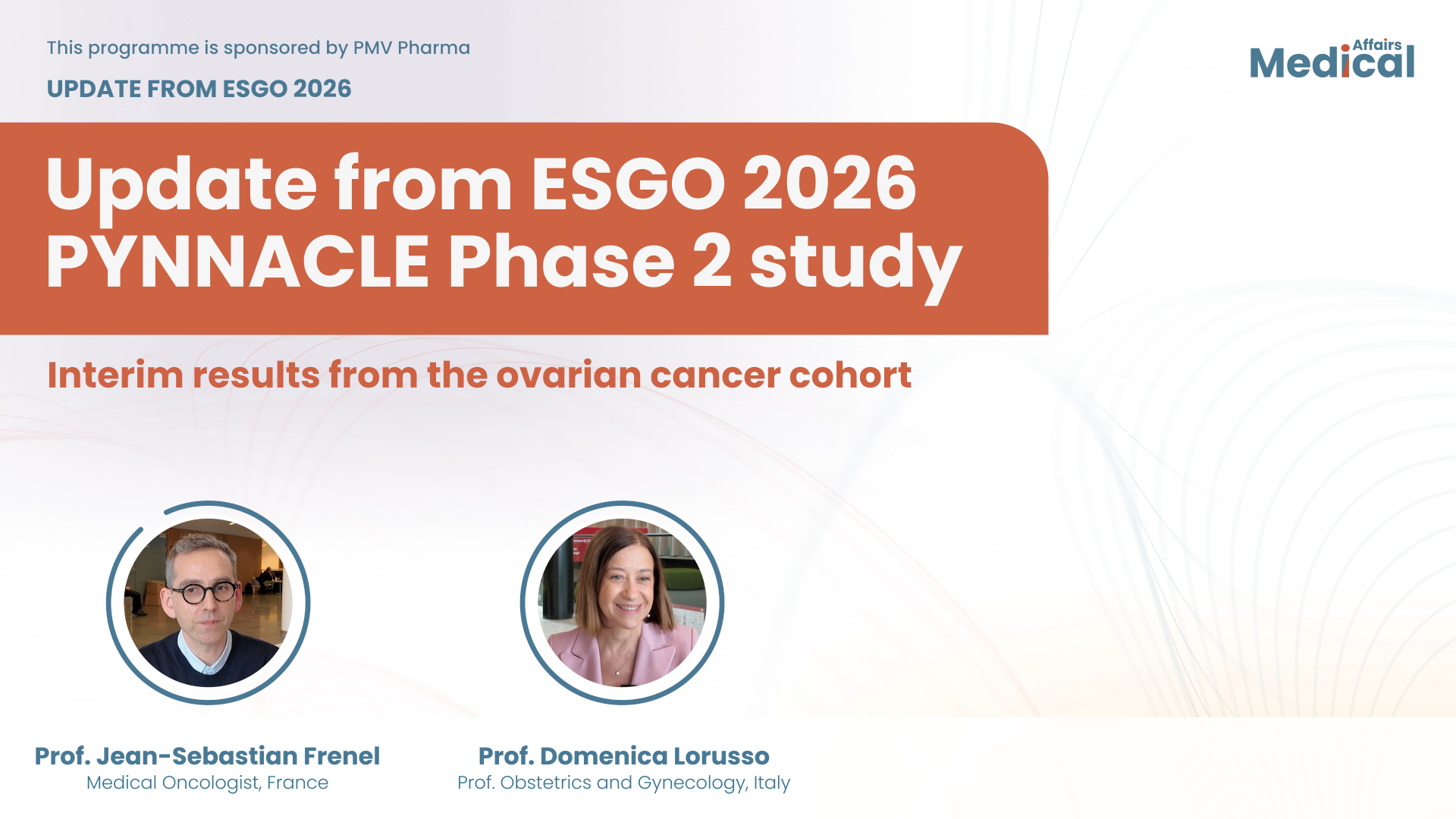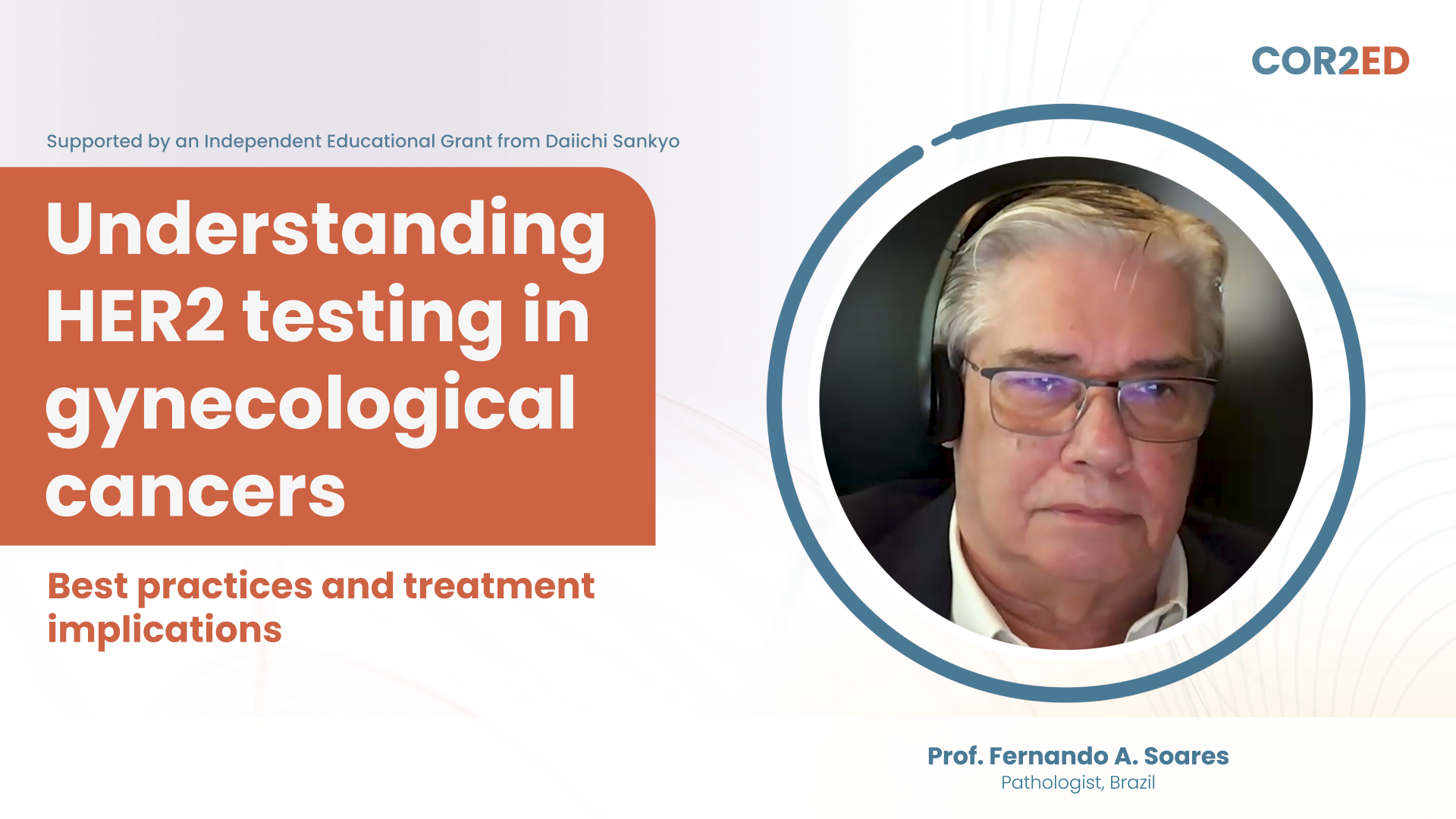Listen to the second episode - PSMA-targeted radiopharmaceuticals
Radiopharmaceuticals in prostate cancer - PMSA-targeted pharmaceuticals (Episode 2 of 2)
In this GU CONNECT podcast series international experts, Assoc. Prof. Tanya Dorff and Dr. Phillip Koo, from the field of GU Oncology and Nuclear Medicine, discuss the latest developments in the field of radiopharmaceuticals and their use in prostate cancer. Episode 2 focuses on PSMA-targeted radiopharmaceuticals.
Episode two focuses on PSMA-targeted radiopharmaceuticals and how PSMA can be a therapeutic target as well as for imaging. Efficacy and safety data from the phase 2 TheraP study are discussed which investigated lutetium-PSMA versus cabazitaxel in patients with mCRPC who had progressed on docetaxel.
The experts also discuss the ongoing VISION trial and what the results may mean for clinical practice as well as other ongoing trials looking at lutetium-PSMA in combination with other prostate cancer therapies such as PARP inhibitors, immunotherapies, hormonal therapies and chemotherapy. Treatment sequencing is also considered in terms of where lutetium-PSMA fits into clinical practice for mCRPC patients and how the treatment compares to Radium-223.
In the first episode, the experts focus on the alpha emitter, radium-223 which received regulatory approval on the basis of the phase 3 ALSYMPCA trial in patients with metastatic castration-resistant prostate cancer (mCRPC) and symptomatic bone metastases. They consider mechanism of action and discuss key results from the trial and the safety profile.
The experts also review the ERA-223 and PEACE-III randomised trials which investigated the use of radium-223 in combination with next-generation androgen receptor inhibitors (ARI’s). A number of real-world evidence studies are also reviewed as the experts consider where radium-223 fits into the overall treatment sequence for mCRPC patients. Radiation safety and general considerations for delivering therapy with radiopharmaceuticals are also discussed.








 Downloadable
Downloadable  5 MIN
5 MIN
 Mar 2026
Mar 2026 





